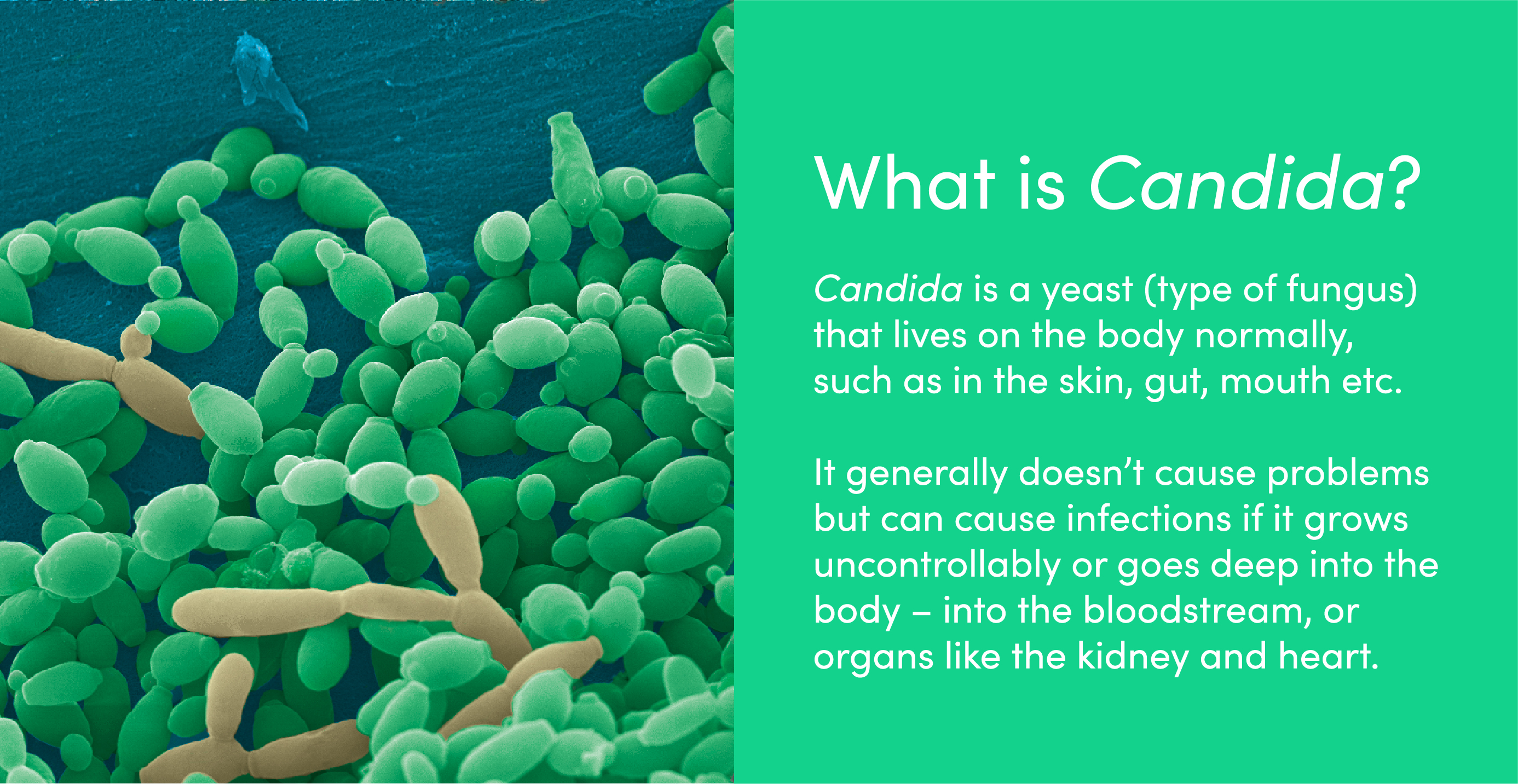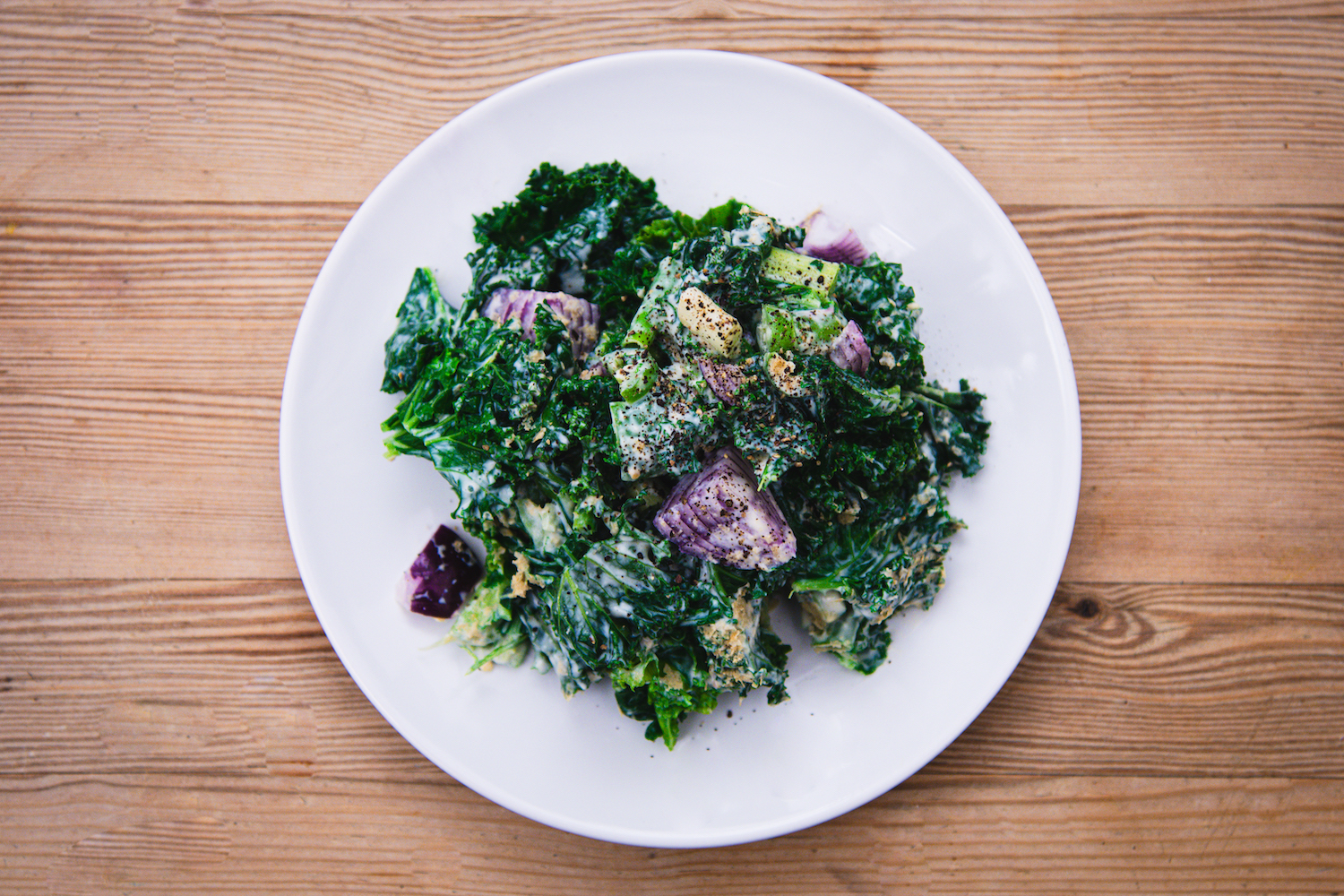Candida appears to influence gut inflammation in Crohn’s disease patients, according to new research. Scientists believe these findings can lead to better understanding and potential therapies.
Crohn’s disease is a form of Inflammatory Bowel Disease (IBD.) It involves symptoms such as diarrhea, abdominal pain, fatigue, and weight loss, among others. There is currently no cure for Crohn’s disease. Instead, patients have to rely on symptom relief. Luckily, new treatments are on the horizon thanks to evolving research.
New research from the Case Western Reserve School of Medicine looked into the role of the fungus Candida tropicalis (C. tropicalis) in triggering chronic inflammation within the gut microbiome.

In the study, researchers investigated what happened to mice models with colitis when C. tropicalis is introduced. They found that those infected with C. tropicalis had severe inflammation and dysbiosis in their gut microbiome.
The researchers believe this microbial imbalance (of fungi and bacteria) can lead to a predisposition for IBD. This is notable, given that previous studies have also suggested that people with Crohn’s disease have higher levels of C. tropicalis when compared to healthy individuals.
There were pronounced changes in mucin-degrading bacteria, such as Akkermansia muciniphila and Ruminococcus gnavus.
Moreover, infected mice had changes in various cells important for immunity. In their gut microbiome, there were pronounced changes in mucin-degrading bacteria, such as Akkermansia muciniphila and Ruminococcus gnavus (something we test at GUTXY.) Overall, these changes lead to greater proinflammation in these mice.
Ultimately, the role of C.tropicalis could be important for future treatments for Crohn’s disease.
As Professor Fabio Cominelli, one of the authors of the study, put it: “Our findings provide a scientific rationale for eliminating C. tropicalis fungal infection of the gut. The next step in our research is to study other fungal organisms within the gut and then antifungal therapies in patients with this devastating condition.”



